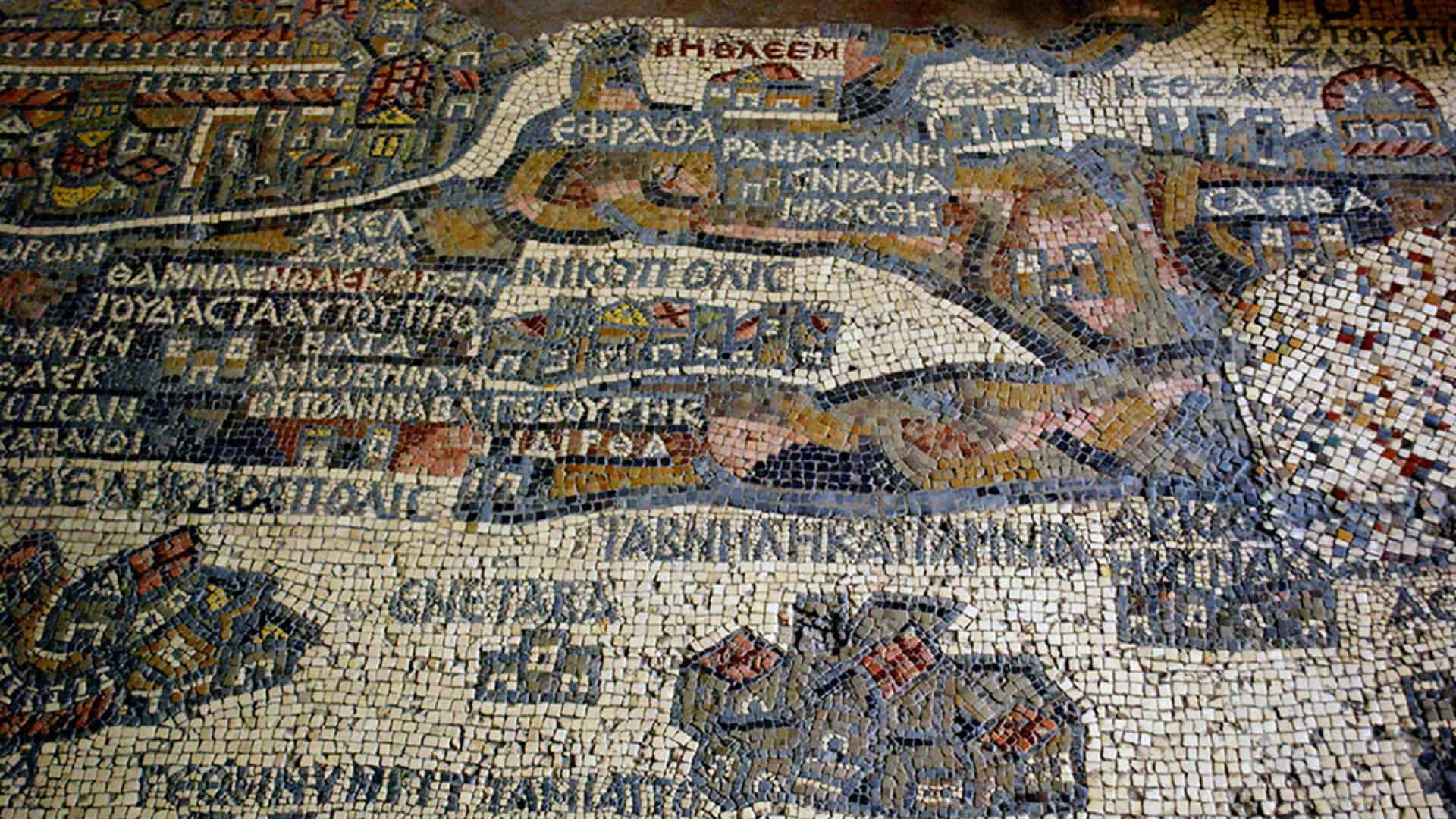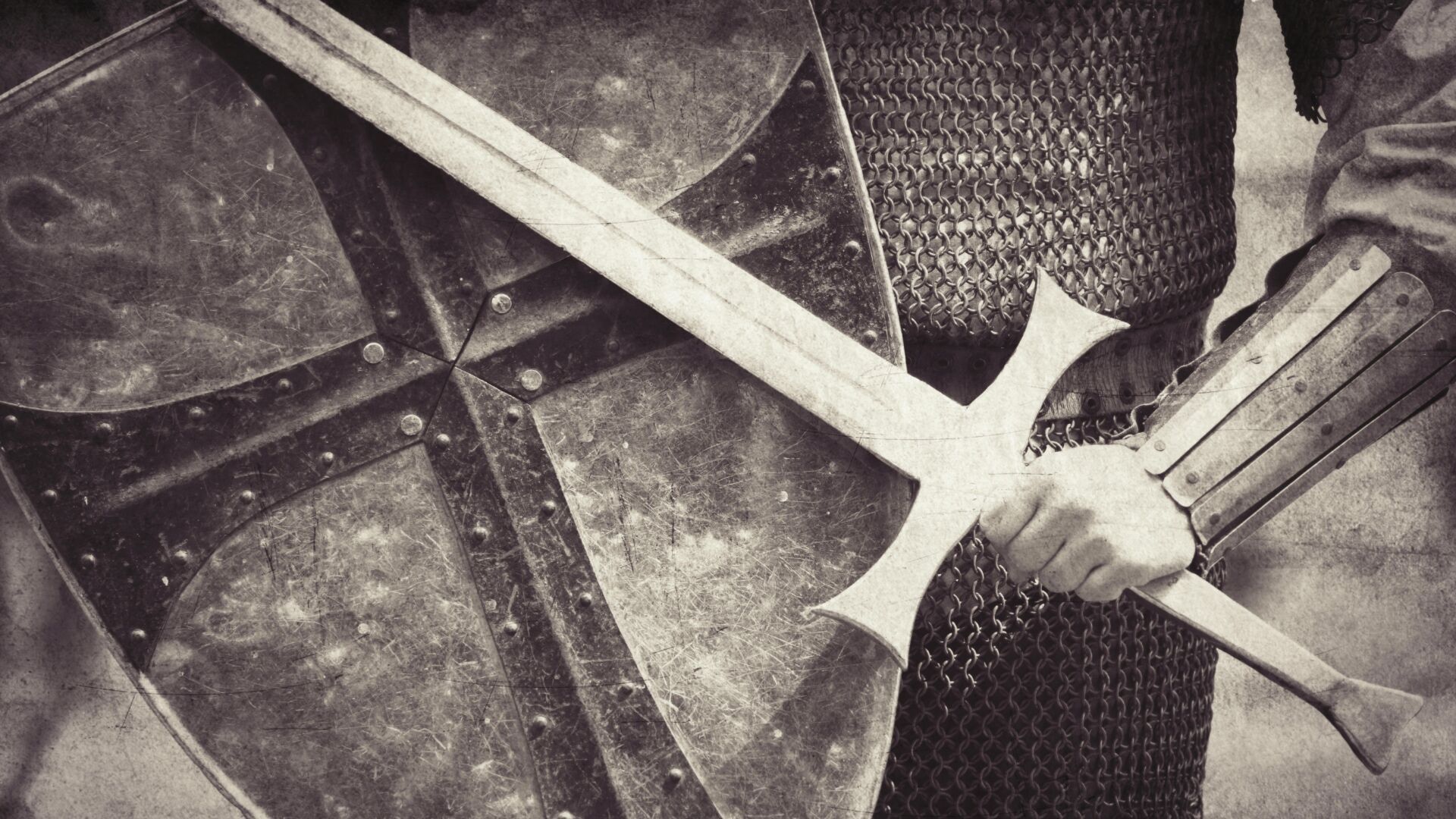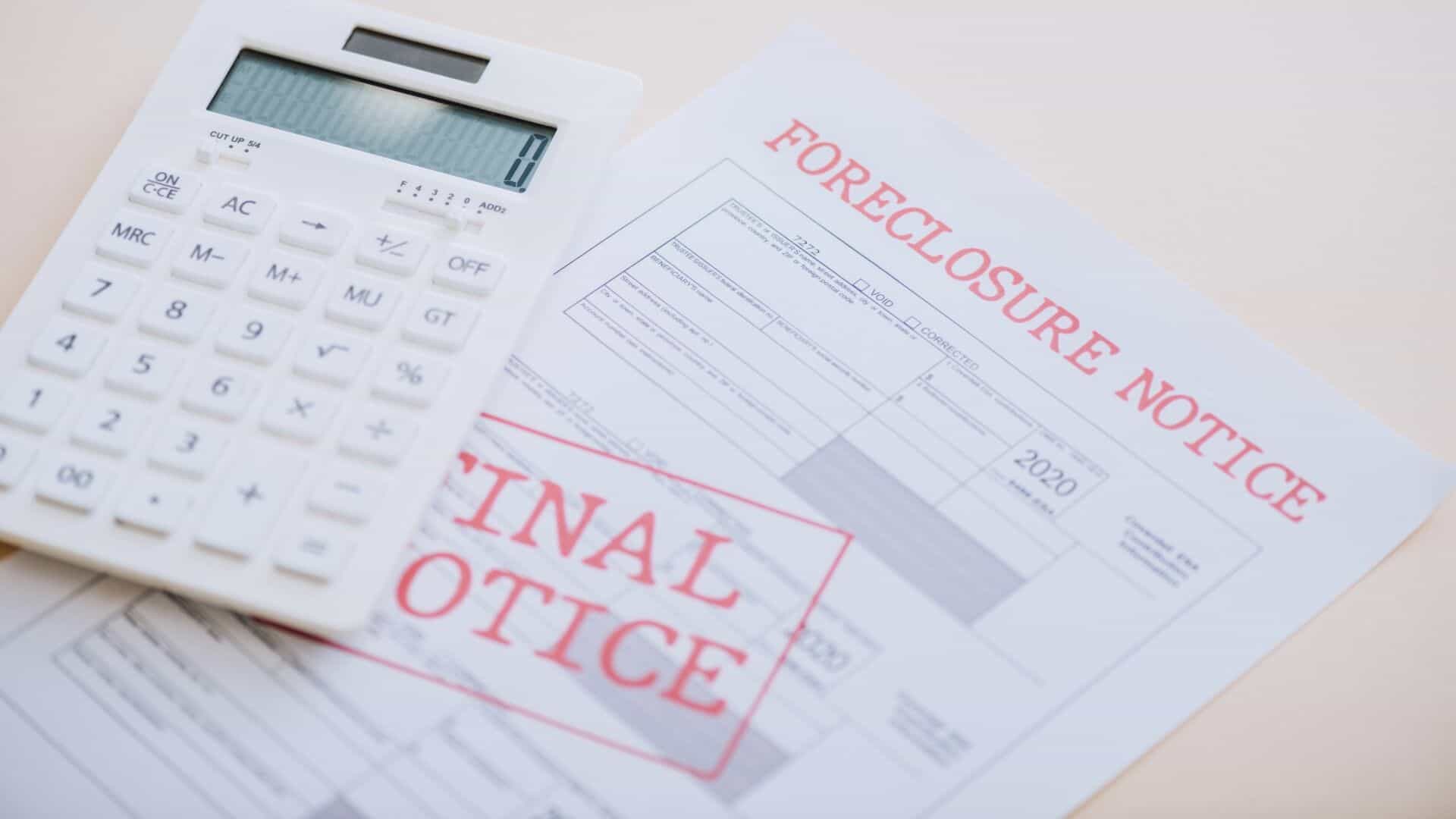God and Our Worst Moments (Micah 5:2-5)

Big Idea: What does God do with us when we’re at our worst? He exposes and judges our sin, and then he restores his people.
If you ever want to be encouraged, then you may want to check out a book called The Book of Failures. It’s filled with all kinds of failures that people have made.The book introduces Arthur Pedrick, who patented 162 inventions, but none of them were successful in the market. These inventions include a car that can be driven from the back seat, a golf ball that can be steered in flight, and a plan to irrigate the deserts by sending snowballs from the polar region through a network of giant peashooters. I kid you not.
A great story is about an old lady in South London who called firefighters to rescue her cat from a tree. They arrived quickly and skillfully saved her cat. The lady was so thankful that she invited them in for tea. So they had tea, received another round of thanks from the woman, and drove off, waving goodbye. And as they backed out of her driveway, they drove over her cat!
But most failures are not funny. They hurt a lot. Scars can be painful. A lot of people want to know where God is when we fail morally. And that’s the question we face in the book of Micah: What does God do with us when we’re at our worst?
Let me give you some background to the book of Micah. Micah was a prophet who lived around the same time as Isaiah and King Ahaz. If you were here last week, we talked about them. This was not a good time for God’s people. The northern and southern kingdoms had split long ago. Both had been violating their covenant with the God of Israel. Micah lived in the southern kingdom of Judah, but he had a word of warning for Israel. He says in Micah 3:8:
But as for me, I am filled with power,
with the Spirit of the LORD,
and with justice and might,
to declare to Jacob his transgression
and to Israel his sin.
Micah has an important message for us. God’s people had failed. Things had become really bad. It was hard to find godly people. You couldn’t even trust family. And the question comes: how will God respond to the sin that he sees in God’s people?
Micah answers, and his answer is important for us today.
God Exposes and Judges Sin
It’s easy to take a light view of sin and to think that it’s no big deal. It’s also easy to see God as tolerant and understanding. After all, nobody’s perfect. This view is reflected in a modern version of the traditional public confession of sin found in the Book of Common Prayer.
Benevolent and easy-going Parent: We have occasionally had some minor errors of judgment, but they’re not really our fault. Due to forces beyond our control, we have sometimes failed to act in accordance with our own best interests. Under the circumstances, we did the best we could. We are glad to say that we’re doing okay, perhaps even slightly above average. Be your own sweet Self with those who know they are not perfect. Grant us that we may continue to live a harmless and happy life and keep our self-respect. And we ask all these things according to the unlimited tolerances which we have a right to expect from you. Amen.
That is not what we find in the book of Micah. In chapter 1, God appears over Israel, just like he did at Most Sinai: with fire, smoke, and earthquake. But this time he’s not there to make a covenant. He’s there to bring judgment for 500 years worth of rebellion.
Hear, you peoples, all of you;
pay attention, O earth, and all that is in it,
and let the Lord GOD be a witness against you,
the Lord from his holy temple.
For behold, the LORD is coming out of his place,
and will come down and tread upon the high places of the earth.
And the mountains will melt under him,
and the valleys will split open,
like wax before the fire,
like waters poured down a steep place.
All this is for the transgression of Jacob
and for the sins of the house of Israel.
(Micah 1:2–5)
This theme continues throughout the book. God is angry, particularly at the rulers and the prophets who have caused injustice. God takes note of what they’ve done: bending the law to favor the wealthy; depriving the poor; accepting bribes. But it’s not just the leaders and prophets. It’s the people too who are guilty of false worship (Micah 5:10-13). God says:
And in that day, declares the LORD,
I will cut off your horses from among you
and will destroy your chariots;
and I will cut off the cities of your land
and throw down all your strongholds…
and I will cut off your carved images
and your pillars from among you,
and you shall bow down no more
to the work of your hands…
(Micah 5:10–13)
Some of us think God is lenient about sin. Or at least we think that God is more tolerant of sin for Christians. We rightly emphasize God’s grace: that “where sin increased, grace abounded all the more” (Romans 5:20). And we should emphasize God’s grace.
But I sometimes worry that we’ve fallen into the mistake of thinking that God is tolerant of sin. Micah reminds us how seriously God takes sin, even, especially, among his people.
He’s not alone. 1 Peter 4:17 says, “For it is time for judgment to begin at the household of God; and if it begins with us, what will be the outcome for those who do not obey the gospel of God?” God takes sin so seriously that he strikes down a couple dead in the church in Acts 5. In 1 Corinthians 11:28 and 30 he warns the Corinthians that “Whoever, therefore, eats the bread or drinks the cup of the Lord in an unworthy manner will be guilty concerning the body and blood of the Lord…That is why many of you are weak and ill, and some have died.” God does not take our sin lightly!
What does God do with us at our worst? He exposes and judges our sin. My friend, don’t take sin lightly.
In recent years we’ve seen a number of Christian leaders step down because of disqualifying sin. I really appreciate what Ed Stetzer wrote a while back:
Secrets Come Out
…Luke 8:17 of the New Living Translation says this: “For all that is secret will eventually be brought into the open, and everything that is concealed will be brought to light and made known to all.”
So true.
…Christ is purifying his church, and it hurts. And, there is more to go.
More recently, after yet another public moral failure, he’s said:
We can see that Jesus seems to be doing a good house cleaning of his church. For that part, I am glad.
…All of this sinful behavior reminds me of the reality of sin. It makes me remember that no part of our lives is out of God’s sight. Too often we (and I) have persisted in turning a blind eye—whether through apathy or fear—to taking a hard look at ourselves and our communities.
God does not overlook what we do…we must hear and heed the warnings, because this kind of failure should, indeed, frighten us.
Friends, please heed this warning. Take sin very seriously. God will expose and judge your sins. Your claim to be a Christian does not exempt you. “Be killing sin or it will be killing you” (John Owen).
What does God do with us at our worst? He exposes and judges our sin. But that’s not all.
God Restores His People
Micah should cause us all to examine our lives. And yet he leaves us with hope. As bad as things are, God extends hope. Yes, God will judge sin. That’s why we should take it seriously. Micah says that God will allow Assyria to take out the north and ravage Jerusalem. After that, Babylon will come and bring even more destruction. We need to take God’s judgment against sin seriously.
And yet: the book isn’t only a warning. Micah promises that God will eventually restore the people and bring them back to their land. In particular, he promises that a new, messianic king from the line of David will be born in Bethlehem, and will rule in Jerusalem over God’s restored people.
But you, O Bethlehem Ephrathah,
who are too little to be among the clans of Judah,
from you shall come forth for me
one who is to be ruler in Israel,
whose coming forth is from of old,
from ancient days.
…And he shall stand and shepherd his flock in the strength of the LORD,
in the majesty of the name of the LORD his God.
And they shall dwell secure, for now he shall be great
to the ends of the earth.
And he shall be their peace.
(Micah 5:2-5)
Here’s the good news: although we must take God’s judgment seriously, his judgment is not the final word. Salvation will come from an inauspicious place: Bethlehem, “too insignificant to be mentioned by the cartographer of the book of Joshua or in Micah’s catalog of Judah’s cities of defense,” as one commentary puts it. Bethlehem was insignificant, but it will be the source of hope for God’s people.
That’s how God handles us at our worst. He judges and exposes our sin. Don’t domesticate God. Don’t think that your sins don’t matter and that you can continue them, and he won’t care. God takes our sin seriously.
But centuries later, after the Assyrians had come and gone, after the Babylonians had come through, after Jerusalem had been destroyed and been rebuilt as a punishment for their sins, but while Israel was still under the thumb of a foreign power, a baby is born in Bethlehem. Pagan astrologers come looking for him. This causes problems. The religious leaders go searching, and they soon realize that this baby is the one Micah spoke about. They link the astrologers to this passage and send them off to Bethlehem to find the one of whom Micah spoke: the ancient ruler who is God’s answer to our sins and who will secure and shepherd his people.
They get the hyperlink — but instead of worshiping Jesus, they try to eliminate him.
What does God do with us when we’re at our worst? He exposes and judges our sin, and then he restores his people.
But sometimes we like our sin so much that we’d rather stick with God’s judgment than experience his restoration. Don’t love your sin so much that you miss out on God’s restoration. You see, in both Micah and Matthew 2, we’re left with a choice: will we welcome God’s promise of restoration or cling to our sin and God’s judgment? That just may be the most important question you ever face.
Lord, thank you for exposing our sin like a good doctor would expose cancer. And thank you for not only exposing it but curing it.
Open our hearts to embrace your restoration. Open our hearts through your Spirit to the one who is born in Bethlehem. Amen.





